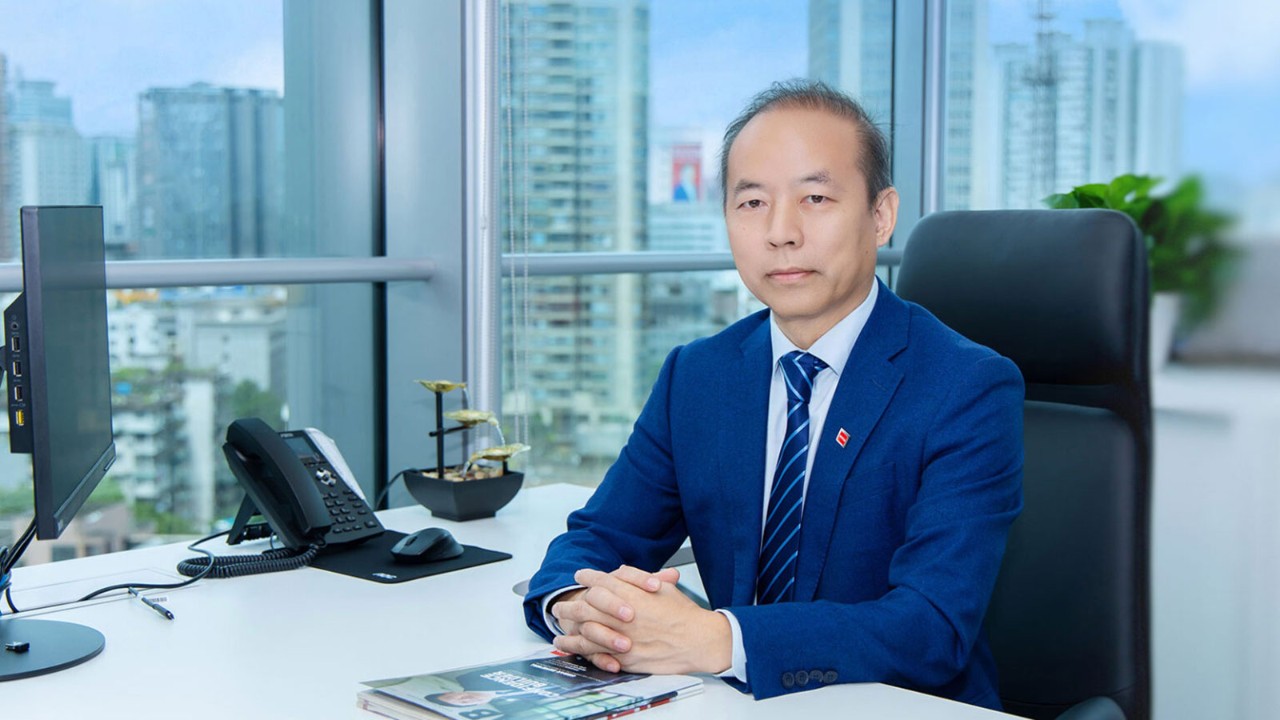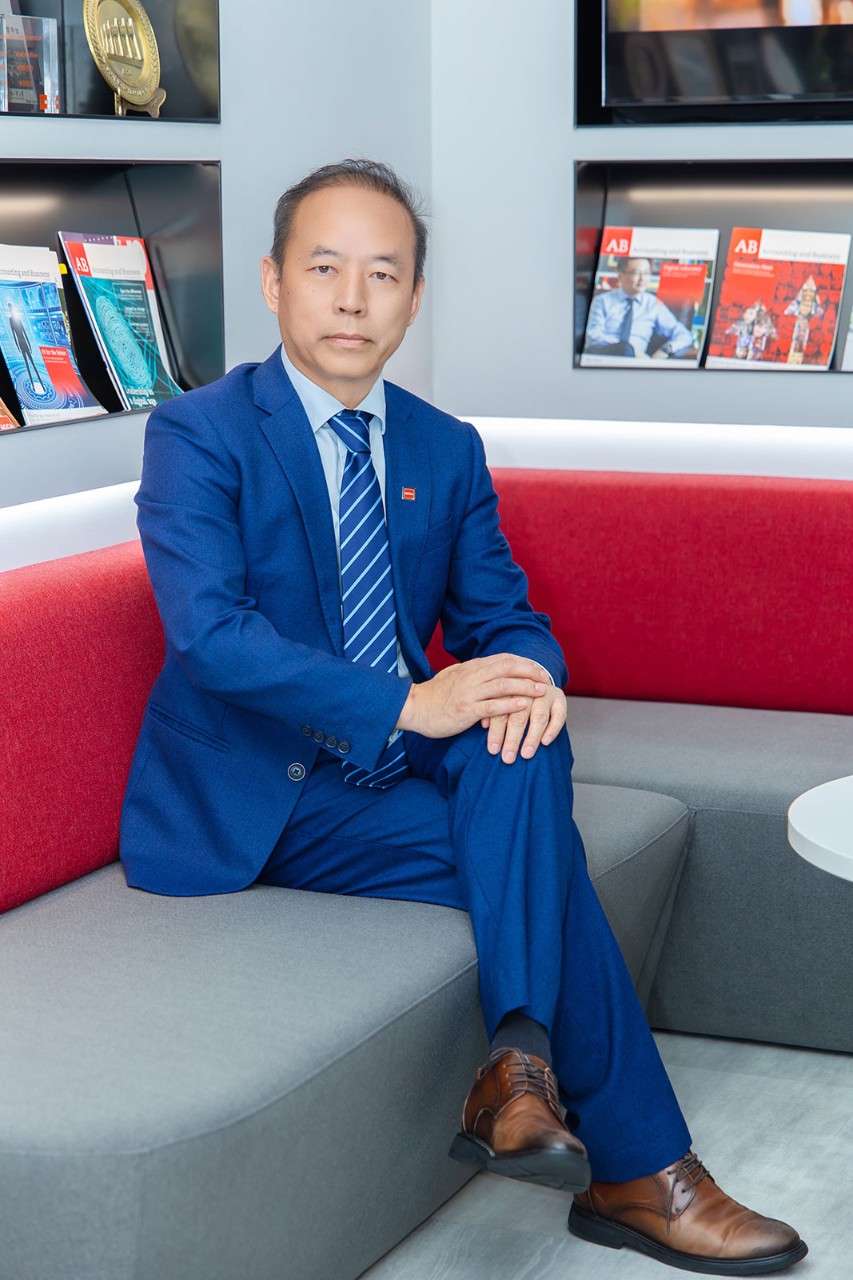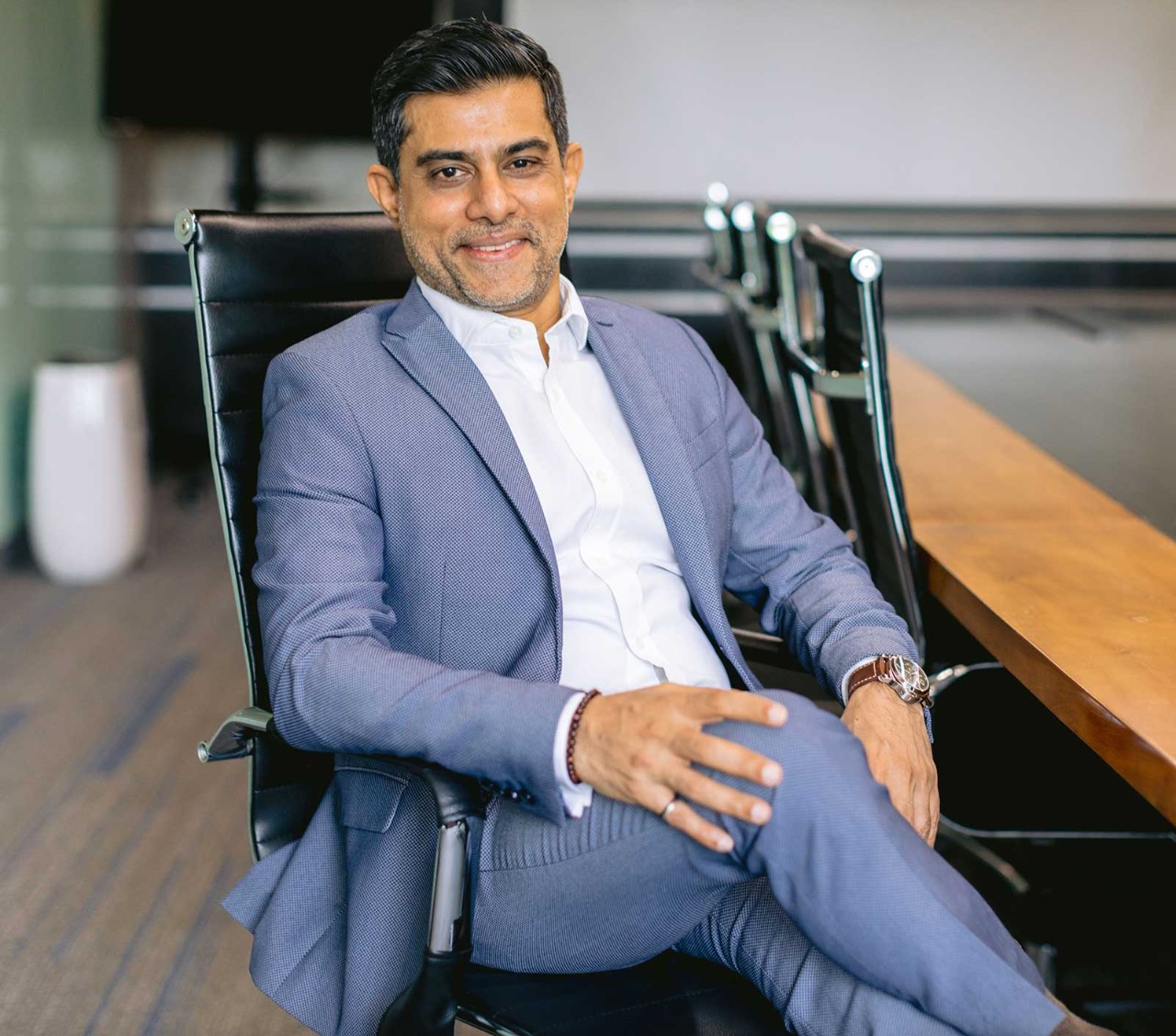
For Zou Xiong, a researcher at Shenzhen Stock Exchange (SZSE), the path to becoming a key figure in mainland China’s securities market began with a realisation early in his career.
‘Like many Chinese graduates, I went through a period of career uncertainty,’ Zou reflects on his transition from construction and water utilities to the securities sector. ‘In those industries, I always felt like I was on the periphery. The securities industry was different, though. There, accounting and finance professionals were front and centre.’
‘The rules were too simplistic and lacked consistent regulatory standards’
The move to the SZSE in the 1990s marked the beginning of Zou’s three-decade tenure. After taking over the Fund Management Department in 2022, the exchange’s fund market more than doubled from 280 billion to 620 billion yuan within two years. Behind this success was a complete rethinking of the exchange’s market development strategy.
Investor focus
‘Instead of treating indices as just market indicators, we started developing them with investors’ needs in mind,’ Zou explains. His key initiatives included launching the Shenzhen 50 Index and creating China’s answer to the S&P 500 with the CSI A500 Index Fund Series. The exchange also brought in international players and simplified how incentives are allocated.
Perhaps most significantly, Zou spearheaded a complete restructuring of fund operations, breaking them down into supervision, product research and market development. ‘We created a promotional alliance with major fund companies and securities firms, while developing strong partnerships with universities, media outlets and content producers,’ he notes.
‘For the first time, we clearly defined who counts as a related party’

During his seven-year tenure overseeing regulatory compliance for listed companies, Zou made a lasting impact on corporate governance in China. Recognising the inadequacies in the existing framework, he led a major revision of the stock listing rules. ‘The rules were too simplistic and lacked consistent regulatory standards, which made it hard for the market to develop stable expectations,’ he recalls.
The revised framework introduced more stringent requirements around related-party transactions. ‘For the first time, we clearly defined who counts as a related party, including specific categories for individuals, directors and shareholders, while incorporating concepts like fiduciary duties and due diligence requirements,’ says Zou. ‘These changes proved so influential that they helped shape subsequent revisions to China’s Company Law.’
Knowledge gap
Zou’s approach has been greatly influenced by his international exposure. In 2008, he spent a month in the US studying American financial institutions, from the Securities and Exchange Commission to the New York Stock Exchange. ‘It gave me a front-row seat to understand the fundamental principles underlying successful capital markets,’ he says.
‘China’s securities market is much younger, having started in 1990,’ Zou observes. ‘We essentially fast-tracked our development by learning from established markets, particularly Hong Kong SAR and the US.’ Regardless of market design, he believes that certain market fundamentals are universal.
‘There’s a real need to educate people about how listed companies should operate’
Take China’s former split-share structure. ‘We created it to maintain state control over the economy but, in practice, it completely violated one of the most basic principles of stock markets: the free-rider principle,’ says Zou. The subsequent shift to a fully tradable market in 2005 marked a turning point.
These market reforms convinced Zou that education was key. ‘There’s a real need to educate people about market principles and how listed companies should operate,’ he notes. ‘The stock exchange is where market theory meets practice, so my main focus has been to bridge this knowledge gap.’
Zou is the visionary force behind the SZSE’s Innovation and Growth Academy, which now trains more than 100,000 learners annually through both in-person and online training. ‘The academy has become a go-to educational platform for professionals in the capital markets, keeping them up to speed with the latest industry developments and knowledge,’ he explains.
‘Shaping thought leadership is actually more important than just passing on information’
But the academy’s growth has not been without its hurdles. ‘While we can bring in top industry experts, we don’t have full-time professors who can dedicate themselves to deep research and teaching,’ says Zou. ‘For any educational platform worth its salt, shaping thought leadership is actually more important than just passing on information.’
As a member of the ACCA China Professional Expert Forum, Zou stresses that ongoing professional development is indispensable in today’s fast-changing financial sector. ‘Accounting serves as an important bridge between regulators, listed companies and investors. We have seen accountants go from being simple bookkeepers during the planned economy to becoming crucial gatekeepers of the capital market,’ he says.
Guarding integrity
For young ACCA members aspiring to work in the securities industry, Zou advises: ‘Professional ethics and integrity are non-negotiable. As professional accountants providing third-party services, you’re not just giving expert opinions to investors but are guardians of the industry’s integrity.’
He underscores the rising importance of a global perspective in finance. ‘As Chinese companies go global, finance professionals need to navigate multiple accounting standards and reconcile their differences,’ he says. ‘ACCA members, with their international training, are uniquely positioned for this challenge.’
‘We went fully electronic and paperless right from the start’
From his vantage point within China’s exchange system, Zou has observed firsthand how technology is reshaping global securities markets. ‘Given China’s stock exchanges’ young age, we went fully electronic and paperless right from the start,’ he says. The early digital adoption has positioned Chinese exchanges as technology exporters, with other countries now purchasing their trading systems.
Meanwhile, with artificial intelligence (AI) taking off globally, market infrastructure is changing at breakneck speed. ‘The old model of trading floors and physical locations has given way to virtual trading units,’ Zou explains. ‘Traditional revenue streams are changing, with exchanges like Nasdaq now generating more income from technology and software services than trading fees.’
Exchanges are facing growing pressure to up their technology game, according to Zou. ‘With AI-powered trading becoming mainstream, we are looking at fundamental changes in how markets operate,’ he says. The increasing frequency of trading disruptions and system failures worldwide points to the need for exchanges to strengthen their infrastructure.
The solution, he believes, lies in comprehensive digital transformation. ‘We need smart technology across the board, from market surveillance and IPO processing to listed company supervision and M&A oversight,’ he says. ‘All of this helps make markets more transparent and trustworthy.’

